Dr. Min-Yao Jhu, a postdoctoral researcher at the …
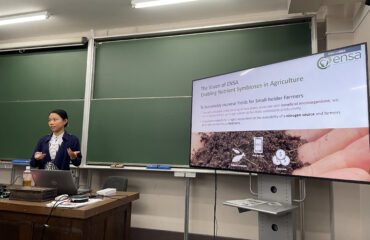

葉の発生の制御機構と
その進化を解明する
Elucidating the regulatory mechanisms and evolution of leaf development
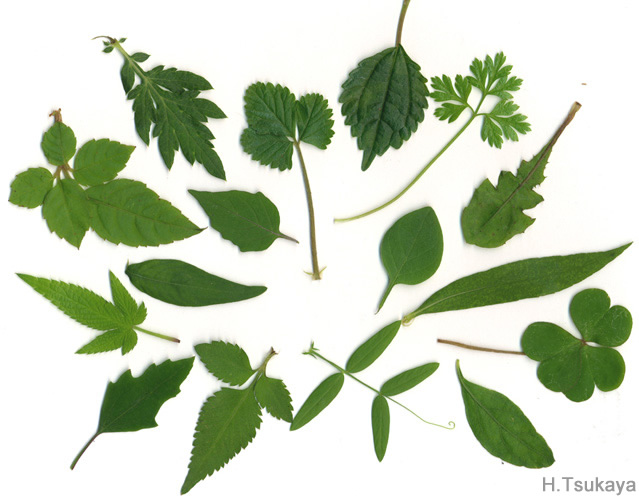
The above-ground parts of seed plants are made up of only leaves and stems. Flowers are also a set of organs that are transformed from leaves. Therefore, understanding the regulatory mechanism of leaf development is essential for elucidating the mechanism of plant morphogenesis and for understanding the morphological diversity in plants.
We have been the first in the world to identify the key genes that regulate leaf shape and size, using Arabidopsis thaliana. We have also discovered “compensation”, in which cell size increases to compensate for a decrease in cell number, and have been working to elucidate the mechanism of this phenomenon. The alteration of leaf morphology in response to the amount and direction of light is also an important theme of interest. We are also conducting evo-devo studies on the evolution of leaf morphology based on our accumulated research using model plants. For example, we are investigating the plasticity of leaf development in amphibious plants, and the developmental mechanism of unique leaf morphology in ant plants, monocotyledons, and one-leaf plants. More recently, we have been focusing on understanding the evolution of leaf gene networks during the evolution of land plants using RNA-seq and informatics. To achieve these goals, we use a wide range of research methods, including classical morphology and physiology, as well as molecular developmental genetics, and a variety of plant species, such as non-model plants from Borneo and Thailand, and Marchantia.
The theme of the Tsukaya lab. is to understand “plants” using “leaves” as a keyword.

Dr. Min-Yao Jhu, a postdoctoral researcher at the …
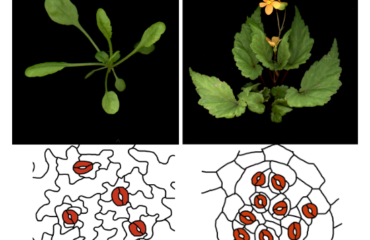
Plants exhibit a wide range of stomatal patterning …

The International Conference on Arabidopsis Resear …
We have been working to identify the genes that control the length, width, and thickness of Arabidopsis thaliana leaves. We are now working to fill the gap that remains between each gene function and leaf shape.

The size control of organs is very important for multicellular organisms. In plant leaves, there is a phenomenon called "compensation" in which cell size increases excessively to compensate for insufficient cell proliferation. We are trying to solve this fascinating phenomenon.
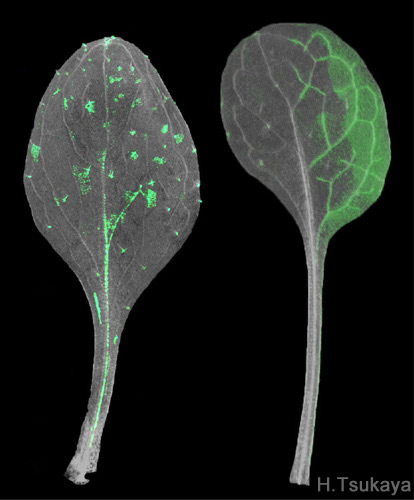
There is a great diversity of leaves in nature. There are many examples of specialized leaves that are not seen in mutants of Arabidopsis. On the basis of findings from model plants, we are trying to solve the evolutionary mechanism of specialized leaf morphologies.

The leaves of aquatic plants have various adaptive traits, including heterophylly, a drastic phenotypic plasticity in leaf form. We are investigating the evolutionary mechanisms of such traits using plants of the genus Calltriche.
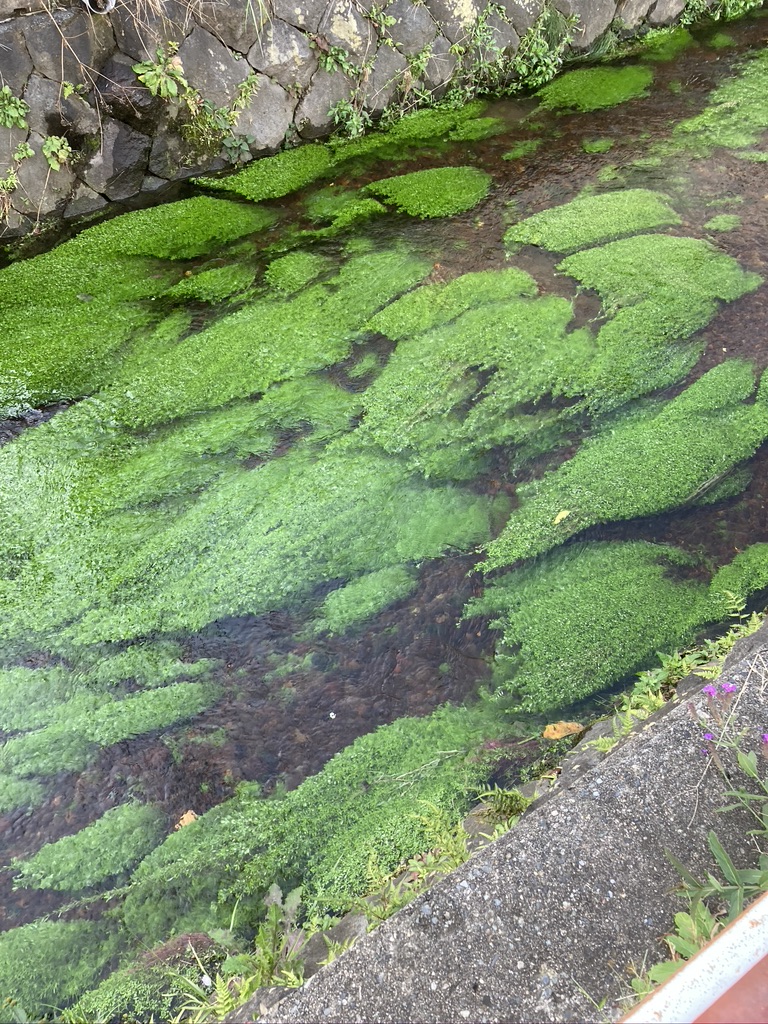
We are conducting a project to elucidate the molecular mechanisms that enable land plants to acquire leaves by selecting several model plants from an evolutionary perspective and using molecular biological methods, transcriptomes, and informatics.
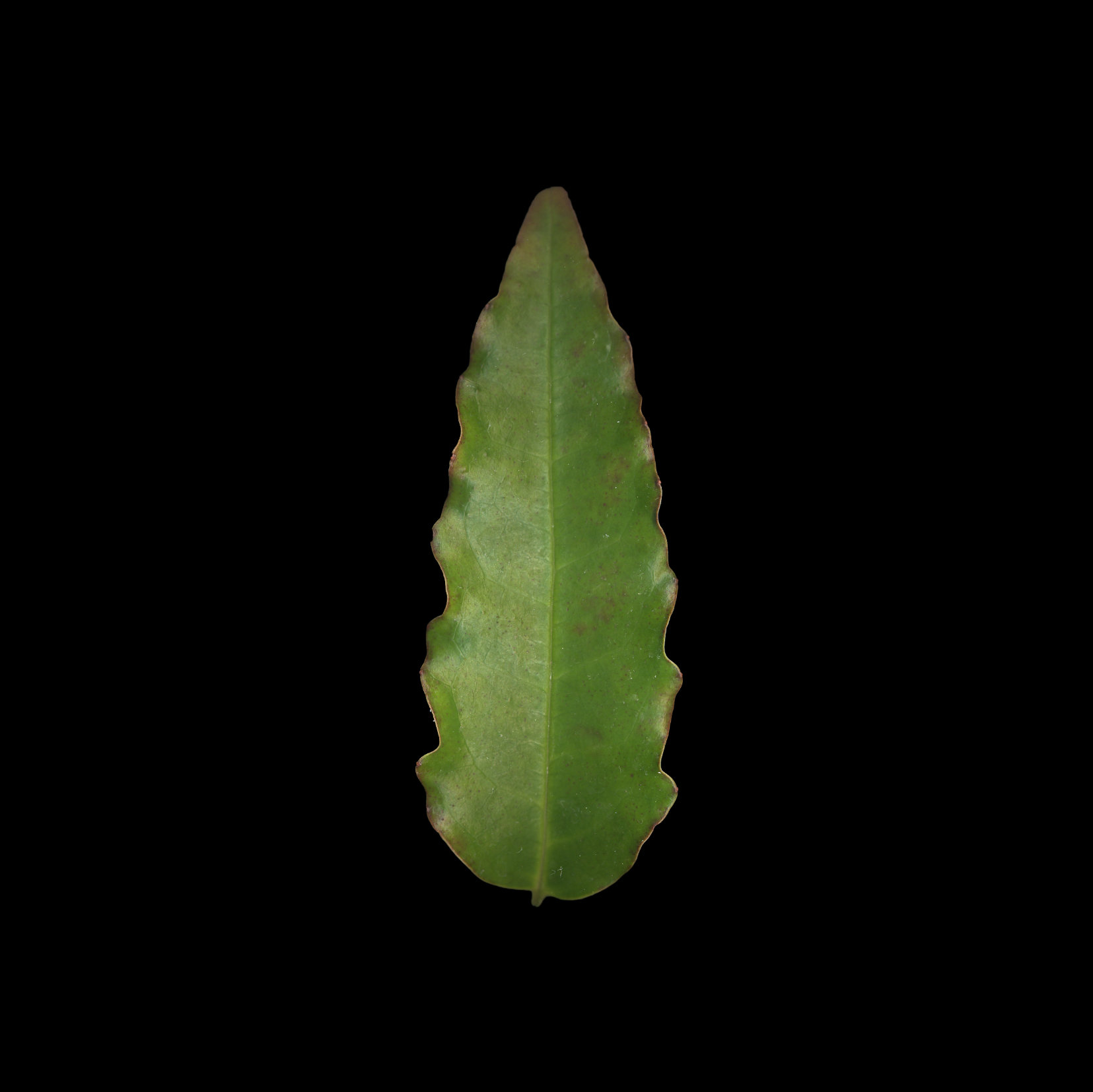
In addition to the above, the Tsukaya Lab. is conducting a variety of projects involving both model and non-model plants.

*Boldfaced authors: Lab members at the time of the research.
Naka Y, Utsumi Y, Iwamura M, Tsukaya H, Kise K. Frontiers in Plant Science vol.15 2024 July 15. DOI: 10.3389/fpls.2024.1389902

Doll Y, Koga H, Tsukaya H. Quantitative Plant Biology. 2024 May 31. DOI: 10.1017/qpb.2024.6

Ezaki K, Koga H, Takeda-Kamiya N, Toyooka K, Higaki T, Sakamoto S, Tsukaya H. Front Plant Sci. 2024 Apr 16;15:1322223. doi: 10.3389/fpls.2024.1322223. PMID: 38689848; PMCID: PMC11058843.
Nakamura S, Kinoshita A, Koga H, Tsukaya H.
Sci Rep. 2024 May 15;14(1):11148. doi: 10.1038/s41598-024-62049-4. PMID: 38750143; PMCID: PMC11096313.
Koga H, Doll Y, Ohnishi W, Tsukaya H.
Biodivers Data J. 2024 Jan 15;12:e115142. doi: 10.3897/BDJ.12.e115142. PMID: 38314126; PMCID: PMC10837795.
Moriyama Y, Koga H, Tsukaya H. Sci Rep. 2024 Mar 2;14(1):5166. doi: 10.1038/s41598-024-55882-0. PMID: 38431750; PMCID: PMC10908829.
Doll Y, Koga H, Tsukaya H, J Exp Bot. 2023 Sep 29;74(18):5667-5681. doi: 10.1093/jxb/erad279. PMID: 37555400; PMCID: PMC10540739.. <<Press release>>
Tsukaya H, Ohtake Y (2023) Front Plant Sci. 2023 Sep 7;14:1234650. doi: 10.3389/fpls.2023.1234650. PMID: 37746003; PMCID: PMC10513446.

Born in Kanagawa Prefecture, Japan. He has been a plant lover since his childhood. While his main field of interest is developmental biology, he is also involved in phylogenetic systematics, especially field surveys of fungus-parasitic plants in tropical Asia.
tsukaya [at:mark] bs.s.u-tokyo.ac.jp

Born in Kanagawa Prefecture, Japan. He has been a plant lover since his childhood. While his main field of interest is developmental biology, he is also involved in phylogenetic systematics, especially field surveys of fungus-parasitic plants in tropical Asia.
tsukaya [at:mark] bs.s.u-tokyo.ac.jp
塚谷研では大学院生や研究員の募集もしています。
About Tsukaya Lab
塚谷研について
大学院説明会資料
研究内容や詳しい情報についてはメールにてお問い合わせください。
tsukaya [at:mark] bs.s.u-tokyo.ac.jp
